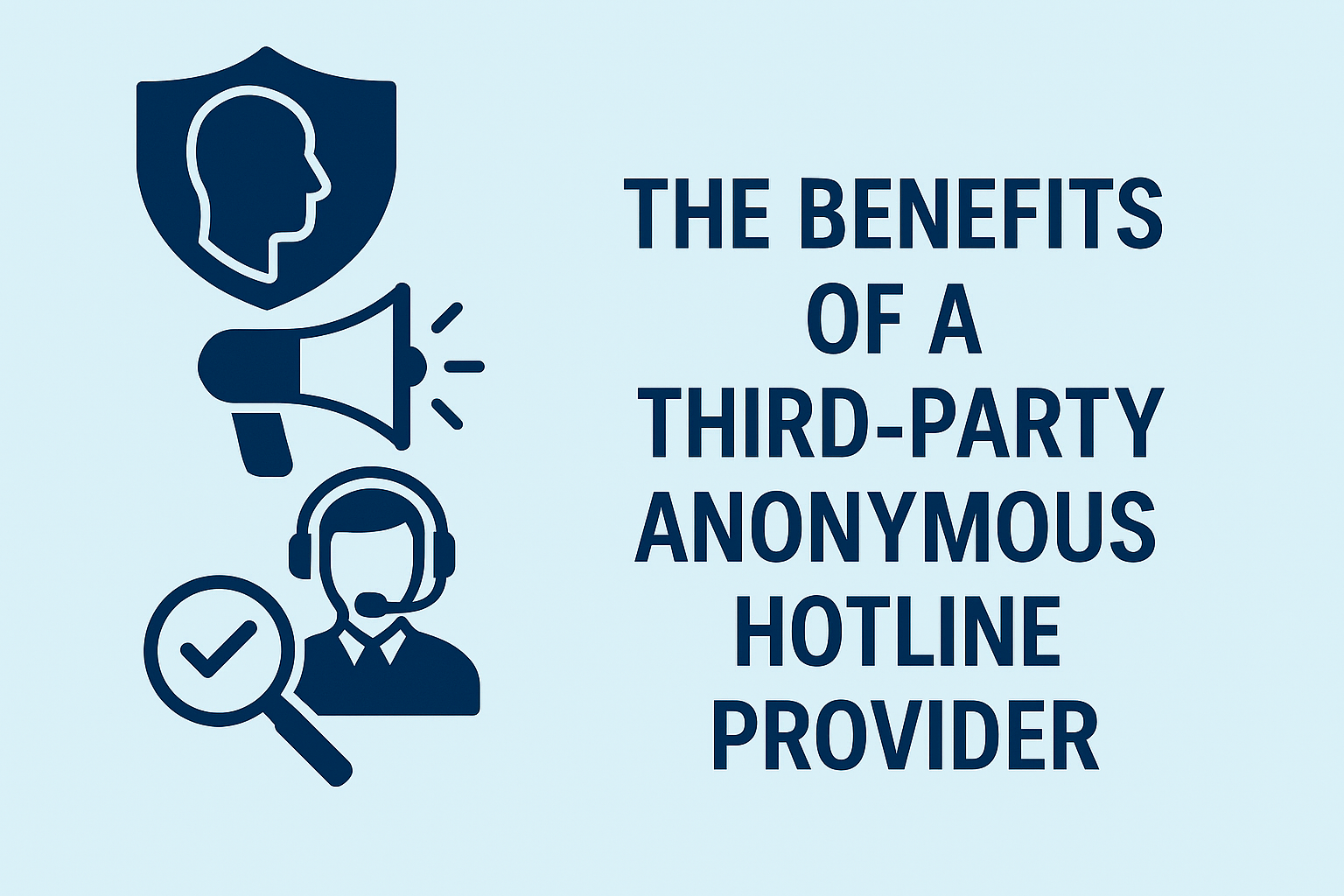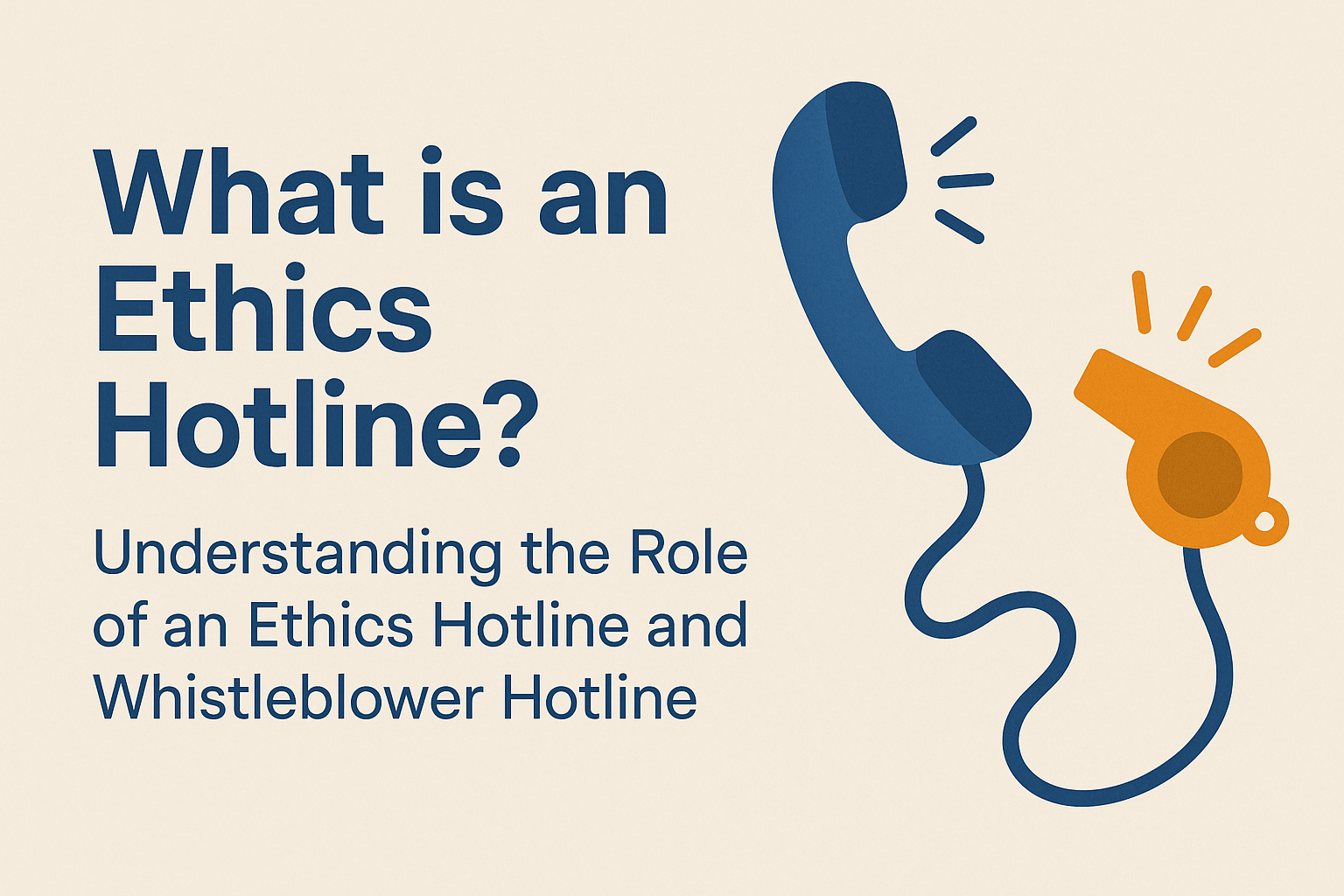I just came across Judy Greenwald’s recent article in BusinessInsurance.com. “Supreme Court subpoena ruling favors EEOC,” details the 7 – 1 U.S. Supreme Court ruling in sex discrimination charge following an investigation by the Equal Employment Opportunity Commission. It is notable for a few reasons, particularly the potential latitude it affords the EEOC.
Upon returning from maternity leave to Temple, a Texas-based grocery and food chain of McLane Co., Damiana Ochoa was fired after failing to pass a physical strength test. Ochoa filed a charge in 2008 with the EEOC, alleging passing the test was a condition to return to work.
Upon launching nationwide investigation of all McLane facilities, the EEOC discovered despite providing certain information about who was required to take the test, McLane did not comply with an administrative subpoena asking for “pedigree information,” such as each test taker’s name, social security number, last known address, and phone number.
Greenwald goes on to report this prompted the EEOC to file a subpoena enforcement action. In response, the U.S. District Court in Phoenix ruled McLane should disclose a test-taker’s gender, but refused to order the company to divulge pedigree information or reasons for termination following the test. In October 2015, a three-judge panel of the 9th U.S. Circuit Court of Appeals in San Francisco unanimously deemed pedigree information relevant to the EEOC investigation and that McLane should provide it.
“First, the longstanding practice of the Courts of Appeals in reviewing a district court’s decision to enforce or quash an administrative subpoena is to review that decision for abuse of discretion,” Greenwald reports the majority ruling said. An abuse of discretion was found by the panel, a decision endorsed by the Supreme Court. One expert characterized the ruling a victory for the EEOC.
Gerald L. Maatman Jr., a partner with Seyfarth Shaw LLP in Chicago, is quoted in Greenwald’s article that the case law in most circuit courts gives the EEOC a “very wide latitude on the information it deems necessary to investigate EEOC charges.”
With safeguards and proactive options for employees in place, organizations are better able to address employee concerns before a situation escalates to lengthy and costly litigation; one such resource is a hotline.
Red Flag Reporting’s mission is to provide a simple yet highly effective ethics hotline, safety hotline, fraud hotline and whistleblower hotline. Red Flag Reporting helps protect your organization’s employees, goodwill, and bottom-line.
Looking for an employee hotline service provider? We can help!
Reach Us
Red Flag Reporting
P.O. Box 4230, Akron, Ohio 44321
Tel: 877-676-6551
Fax: 330-572-8146



